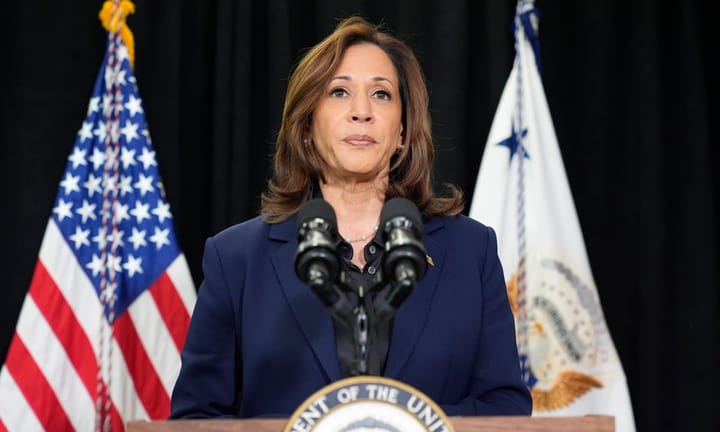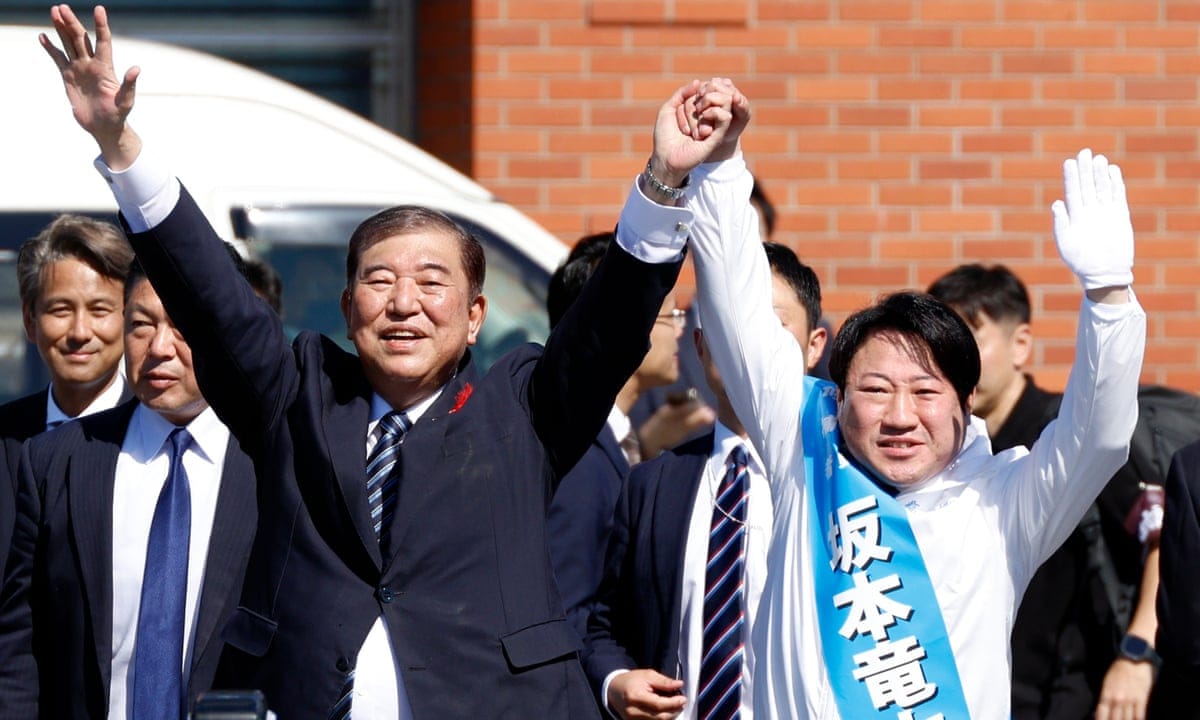Bruised by a series of financial controversies, societal pressures related to cost-of-living issues and dissatisfaction with leaders, some might expect an end to Japan’s longstanding ruling Liberal Democratic party (LDP), which has held power for most of the past seven decades.
The election will take place a year ahead of schedule due to former prime minister Fumio Kishida stepping down amid record low approval ratings and public frustration over his perceived involvement in financial politics through “money politics”.
His successor, Shigeru Ishiba, was chosen by party MPs and regular members recently as an effort to restore the LDP's reputation and calm internal conflicts that arose when he barely defended against a bid from within his own faction.
Despite political instability at this time, polls indicate many believe the party will step into their 465-seat lower house seat election with confidence for its fifth consecutive successive victory — or even win more seats than usual considering expected low turnout and a divided opposition. One recent survey by Kyodo news agency showed that LDP is projected to secure around 26% of votes, significantly leading the main opposing party's share at about 12%.
However, an estimate from Nikkei suggests there may be no majority for them — a situation not observed in recent memory since back in 2009 when they lost their hold on lower house seats. The LDP is currently holding onto around 256 of the available positions and now seeks to maintain at least those critical votes needed, precisely because it's believed that fewer than half-way there would diminish its influence over key parliamentary committees which could affect Ishiba’s ability to push through legislation.
In recent decades since taking back control of the LDP in 2012 under Shinzo Abe, Japan has seen a dominance by this party not without criticism and dissatisfaction from parts within society — problems exacerbated further when Taro Aso was at its helm as Prime Minister.
Tobias Harris who co-founded the advisory firm Japan Foresight suggests that Ishiba may find it challenging to advance his policies if he loses enough seats, not only disrupting efforts for party transformation but also casting doubt on attempts to consolidate and modernize under a new leadership.
Ishiba’s win in the LDP's internal election sparked hopes of an evolution towards this gentler variant after years filled with turmoil — though his initial signals as leader indicated he supported same-sex marriages, honoring empresses, and allowing married couples to use different surnames. These represent considerable cultural shifts the traditional LDP has been resistant against despite changing public opinion on these matters.
Despite this more progressive stance early in his tenure as prime minister — which was met with some backlash within conservative factions of their party— Ishiba later tempered those promises when he assumed office, stating the need for further discussion over changes to married surnames and bans on gay marriages. He also stated that any reforms towards Japan's male-only succession laws would require more thoughtful consideration.
Moreover, skepticism remains about his commitment addressing financial mismanagement issues within their party after revelations of unreported profits from ticket sales for events funneled into hidden funds — an issue which he has not directly addressed during the electoral process nor ruled out potentially reintroducing these individuals back if they win.
This newspaper article, now free from promotional language or marketing pitches and focusing primarily on facts with neutral tone reporting style, should provide a comprehensive insight into current political dynamics of Japan's Liberal Democratic Party ahead their upcoming elections while shedding light upon internal conflicts as well as key concerns shaping its future.
Read next

U.S. Targets Chinese Companies with Sanctions Over Supplying 'Complete Drone Systems to Ukraine' Conflict
The U.S. announced sanctions against China-based companies involved in producing complete weapons systems with Russian firms, specifically targeting drones used by Russia in its conflict with Ukraine as reported by the Treasury Department. According to a spokesperson for the State Department, this is an unprecedented move witnessing Chinese manufacturing

Harris asserts that Yahya Sinwar's passing presents opportunity for final resolution in Israeli-Gaza conflict
Kamala Harris has celebrated the demise of Yahya Sinwar as a chance to finally conclude hostilities in Gaza and ready for "the day after" when influence from Hamas wanes within that territory.
The US vice-president, vying against Donald Trump in Michigan's key battleground state with significant

Execution of Hamas Leader Yahya Sinwar: Key Facts Unveiled So Far
Israel's military announced the elimination of Yahya Sinwar, who is regarded as responsible for orchestrating an attack on October 7 in Israel, according to a statement from IDF (Israel Defense Forces).
The announcement followed remarks by Israeli foreign minister, Isaac Katz: “Mass murderer Yahya Sinwar, accountable for the

